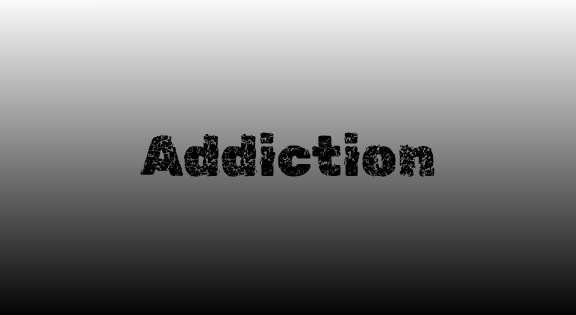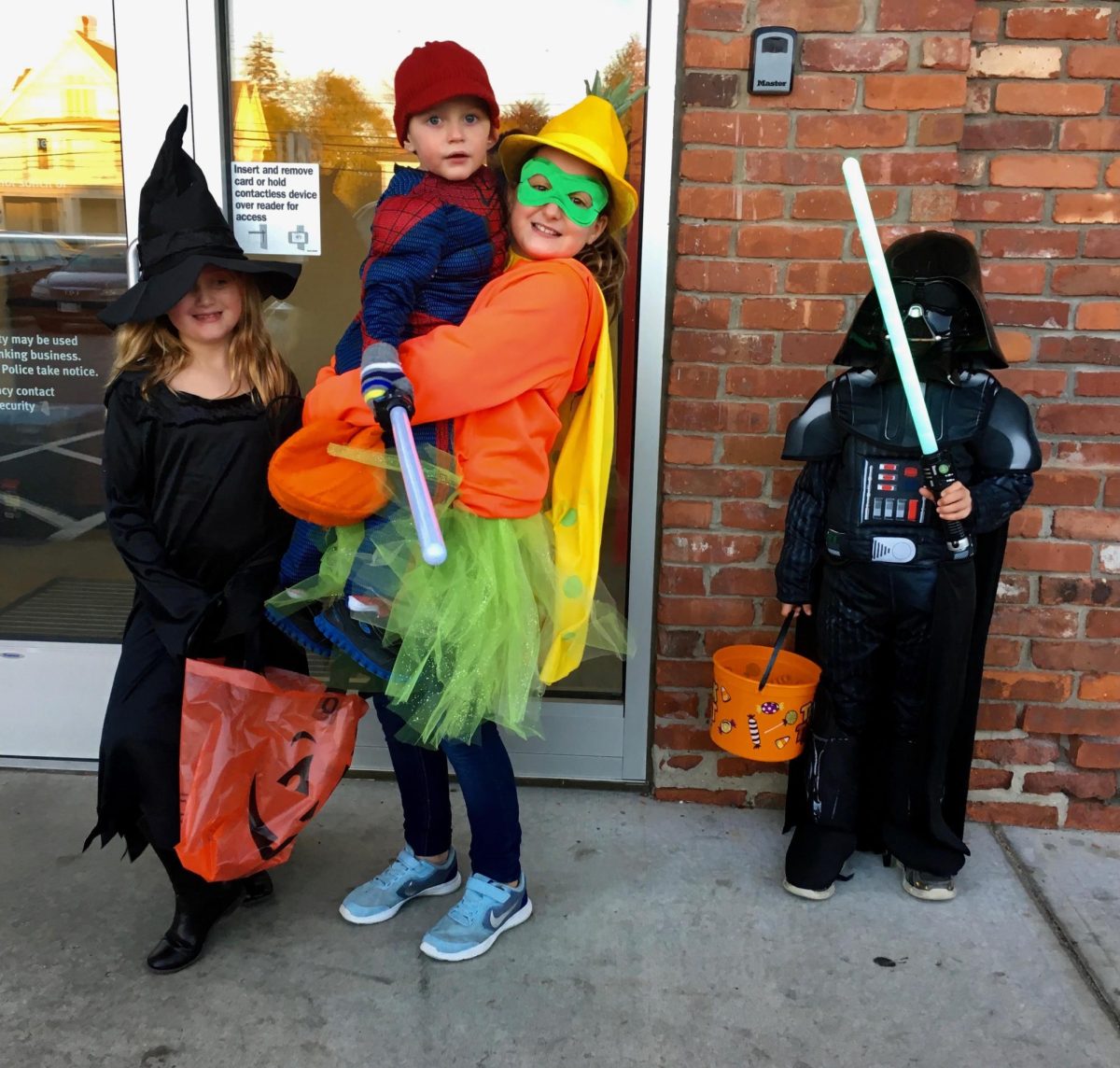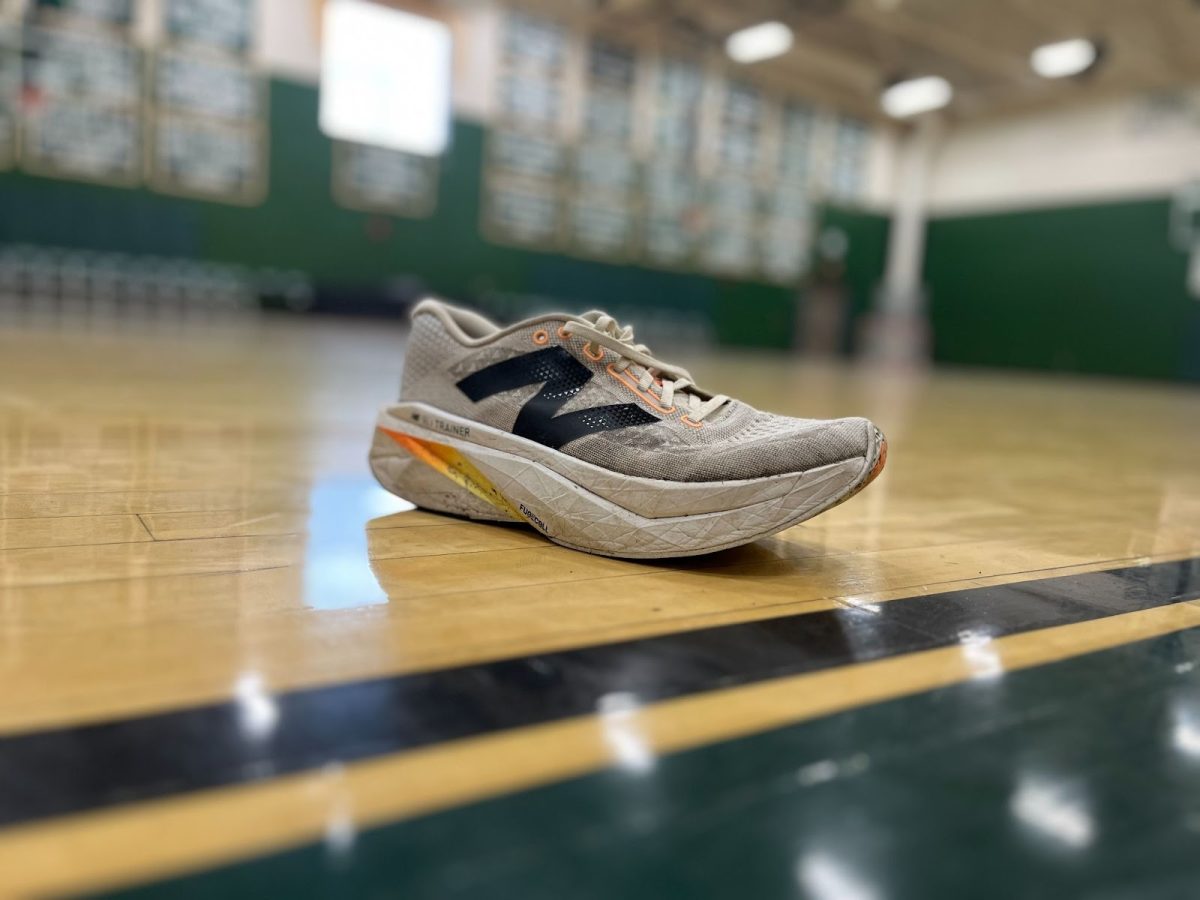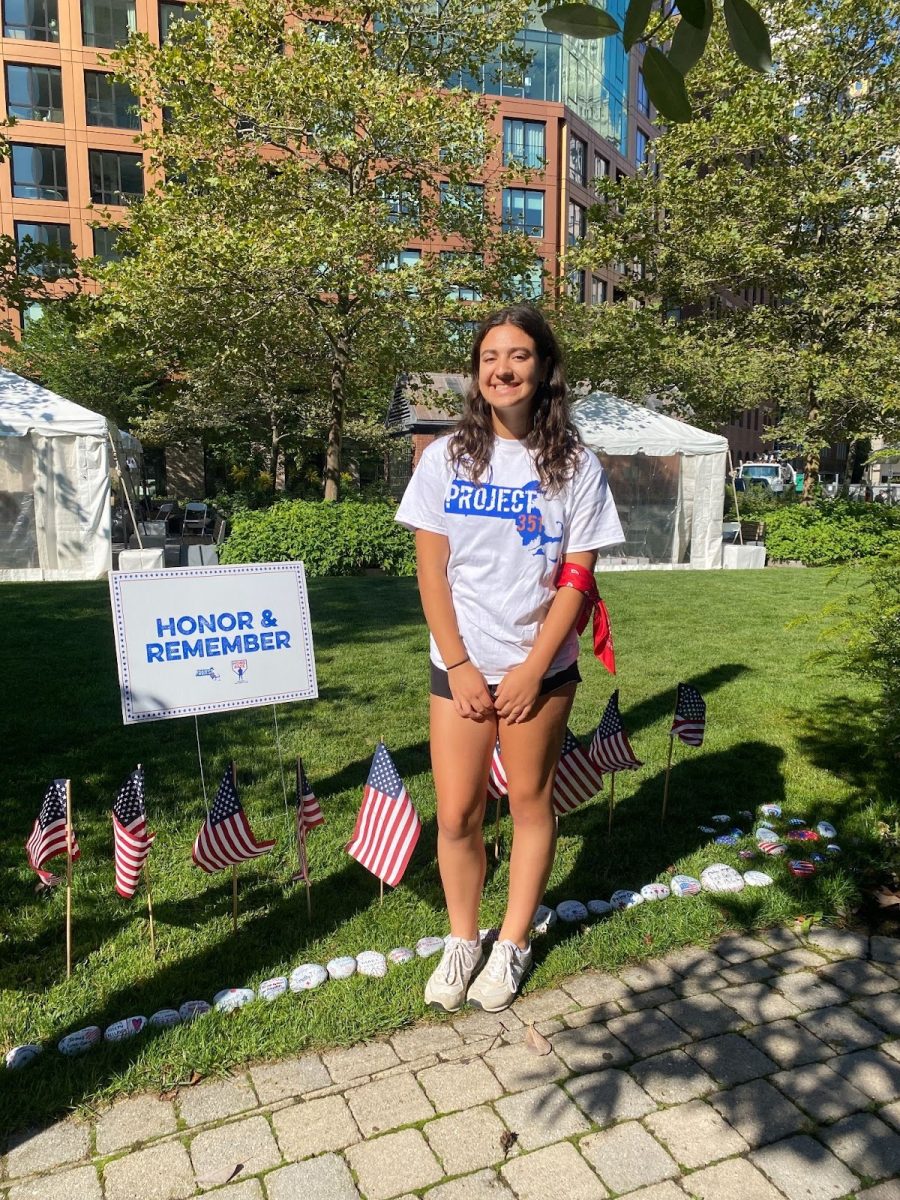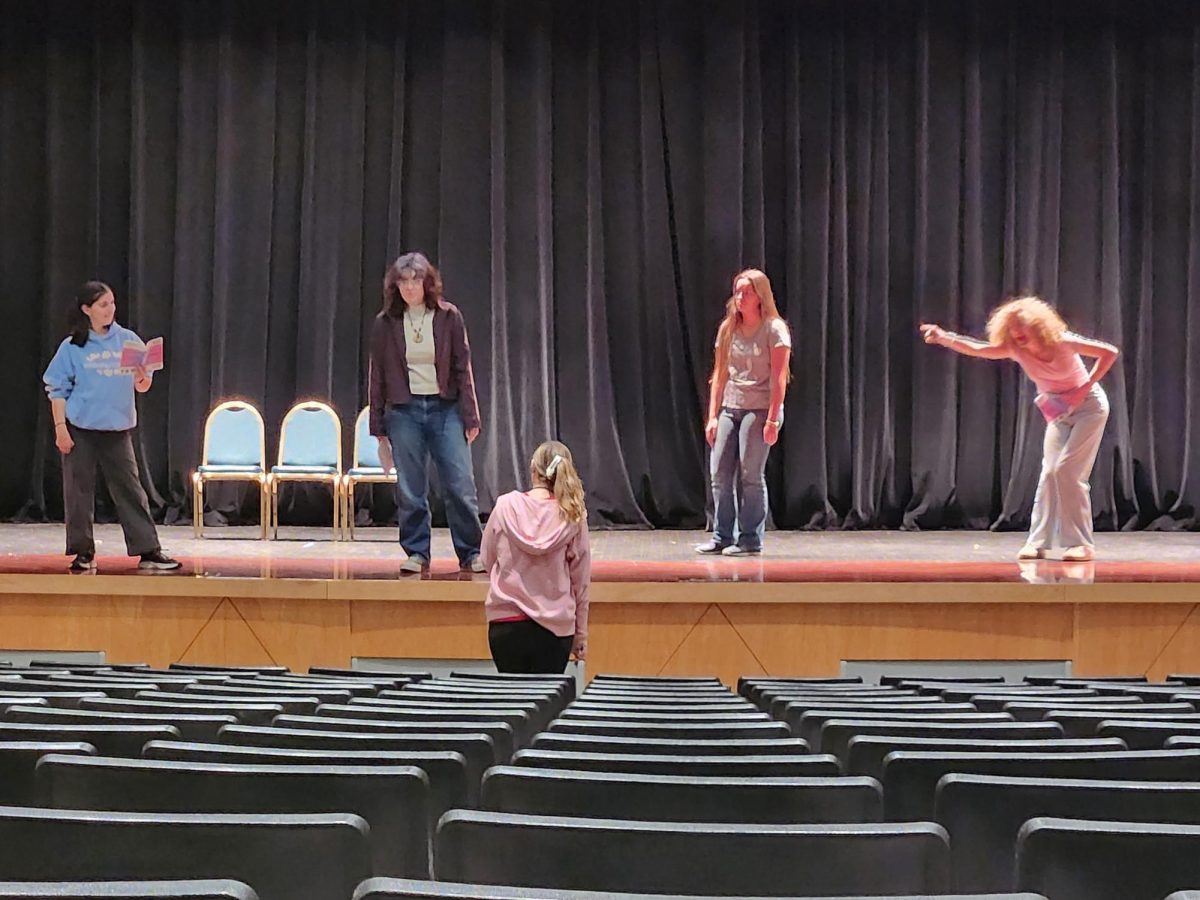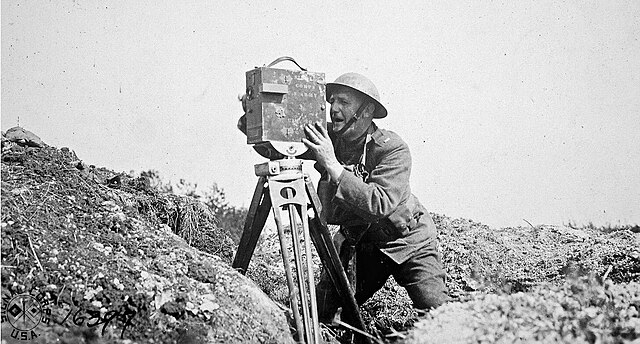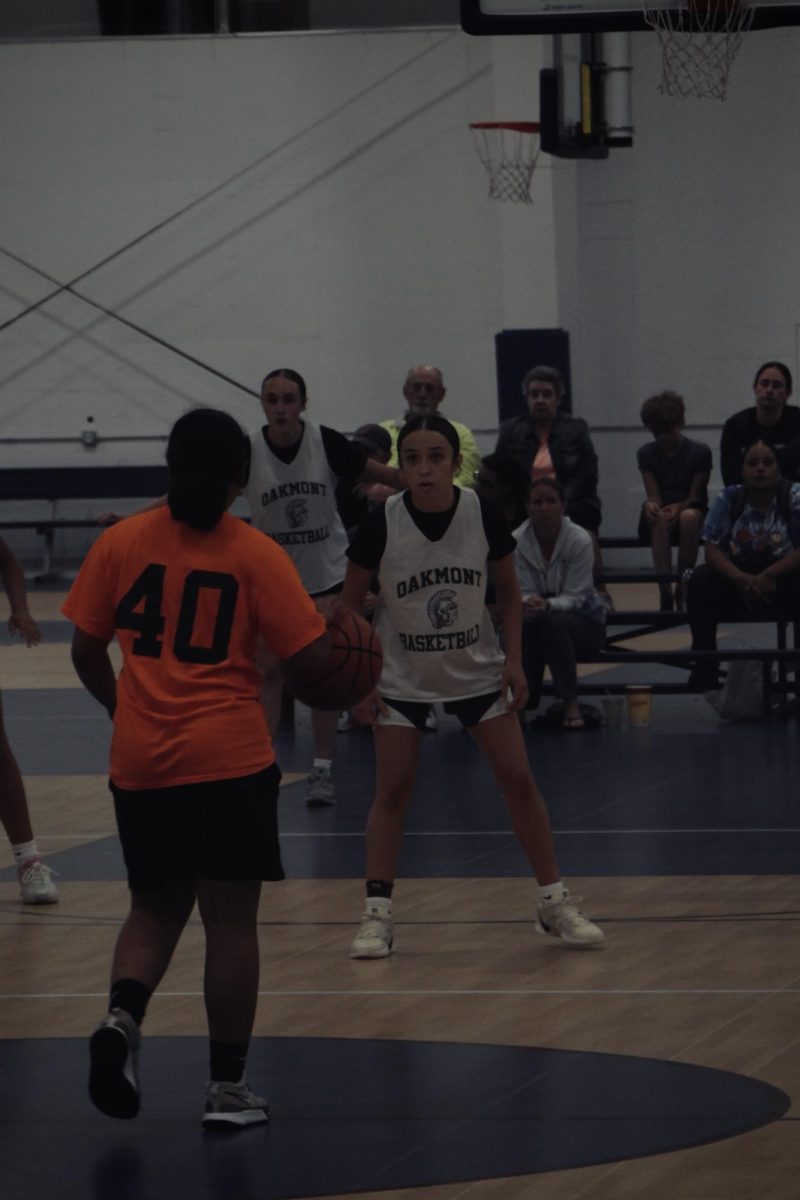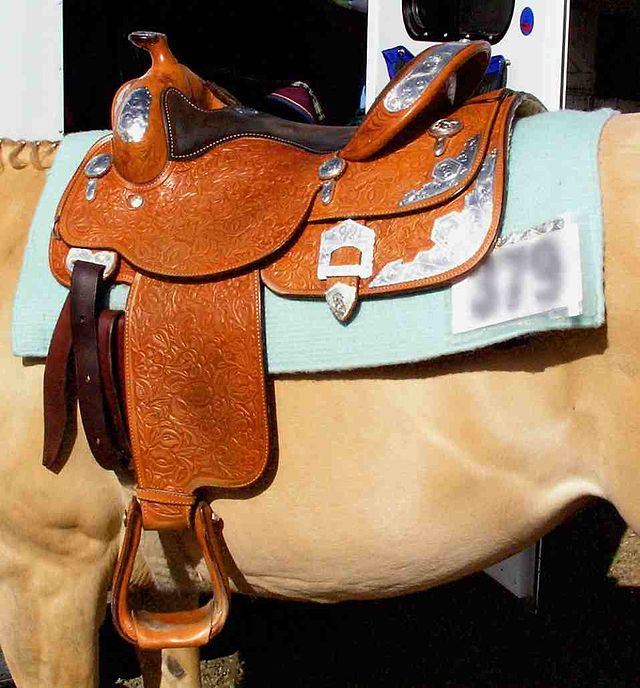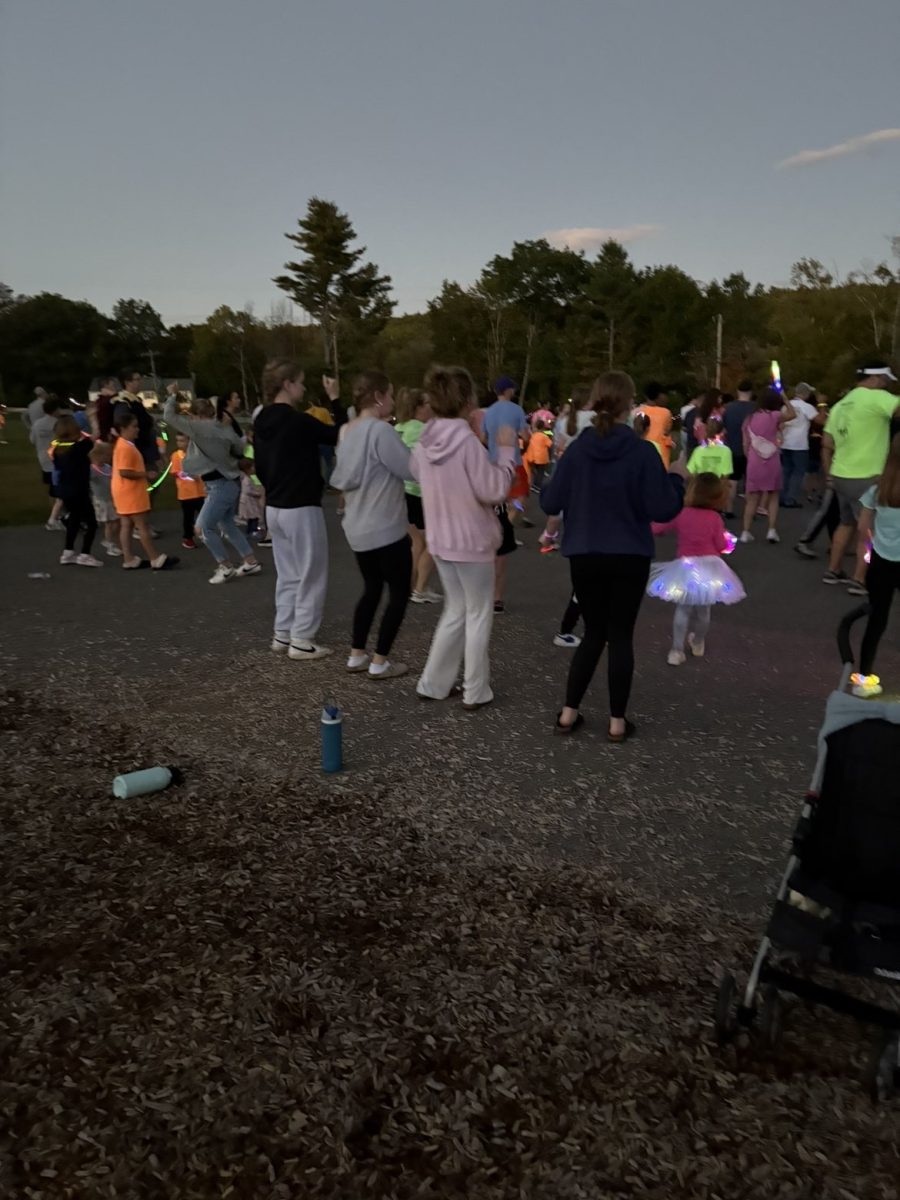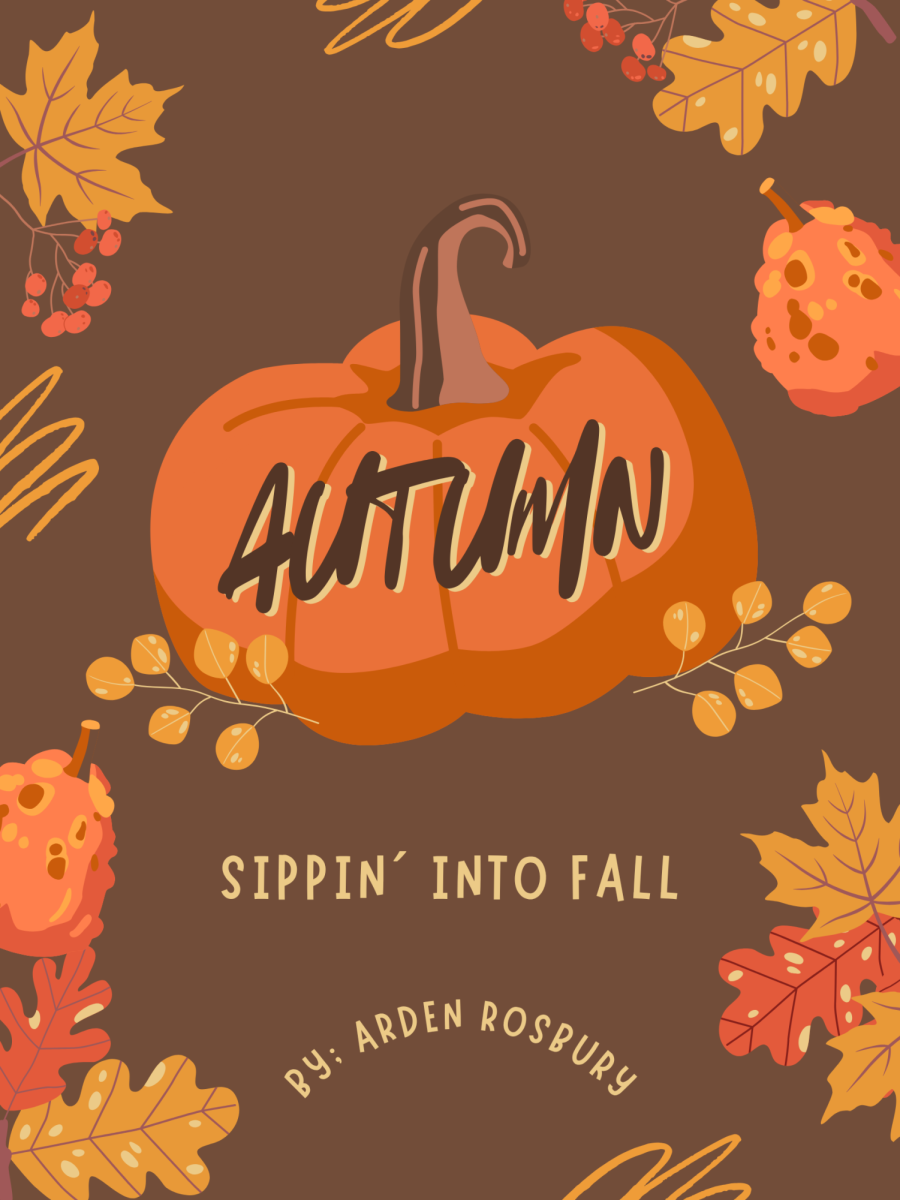Keeping up with school is a struggle itself, especially for those students who take Honors and/or AP classes or are involved in other clubs. Sometimes, athletes won’t get home until 9 or 10 PM: how will they have time to do those Calculus questions due tomorrow? What about reading 5 chapters for AP Lit? Yes, it is the students’ choice to participate in sports and clubs, but they are not given enough support or awareness for the overwhelming stress they endure.
According to a Duke University article, 30% of student athletes have reported feeling anxious, stressed and mentally exhausted. Out of that 30%, only 10% of the student athletes seek help. Schools often look up to their star athletes as heroes, and due to this, athletes may feel the need to stay quiet about their struggles in order to fit the “strong, capable student athlete” stereotype.
On top of this, student athletes are also at a greater risk of substance abuse as a way to cope with the pressure to succeed. According to the Kind Bridge Behavioral Health article, 35% more of student athletes experience social anxiety, burnouts and eating disorders compared to other students.
After interviewing Captain of the Football team and NHS member Max Stone, he says, “Normally it’s my sleep schedule that gets the worst of me.” Like many student athletes, sometimes there’s just no time for rest. Students need to prioritize sleep in order to stay healthy and more alert on the field and in the classroom.
When asked what difficulties she faces on a day to day basis, Varsity Girls’ Soccer Captain and NHS member Ashlynn Breton responded, “For me it’s definitely balancing school, work and my sports life as well as being a leader on the field and academically.” Amazing student athletes are looked upon as role models; it’s a lot to ask for from teenagers still trying to figure it all out.
High school is a crucial time for teens to figure out their identity and who they are/want to be as a person. The pressure on their shoulders all the time to succeed can make them lose sight of what’s really important to them. Struggles aside, both students agree their sport is worth the overwhelming stress. Like Max Stone says, “Make like a dung beetle, take the crap and roll with it.”
When athletes get hurt they receive time to heal, but what about if the injury is invisible? Most of the time the best cure for a drained athlete is plenty of sleep, an activity that’s fun and relaxing for them, or talking to someone about the stress they feel they are under. The sport that can give us so much happiness can also slowly break us: stay informed and help others stay informed.





